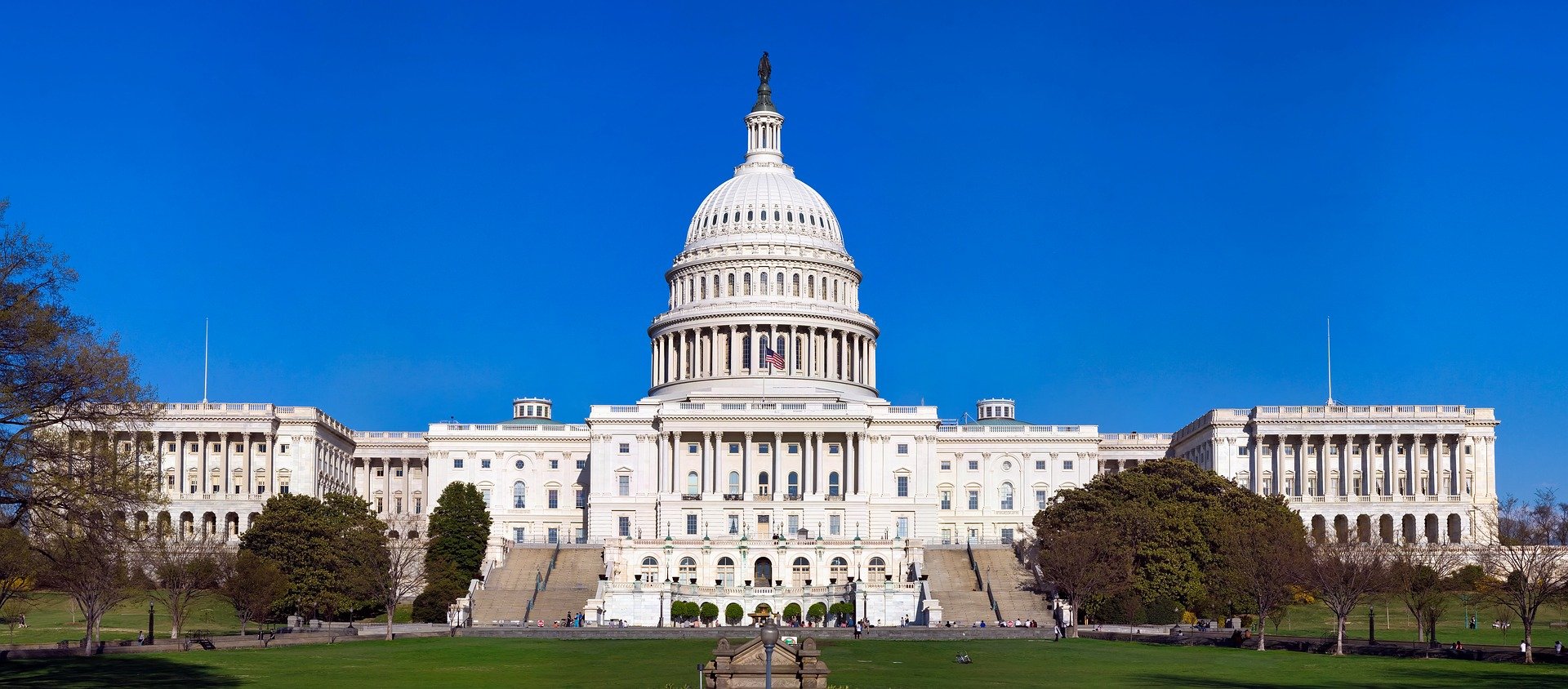Biden-Harris administration: 100-day review of Sanctions policy

When the Biden administration took office on 20 January 2021 it had already announced that there would be reviews of how the US deals with international partnerships.
Under the previous administration the US had left the Paris accord on climate change and the World Health Organisation (WHO). Within a day of taking office the new administration set in motion the reversal of both the withdrawal from the Paris agreement and WHO membership.
US secretary of the treasury Janet Yellen has said that one of her top priorities is to review the US use of sanctions as well as those that are currently in place. While the review will clearly take some time, the US cannot sit still awaiting the outcome and so it requires an active sanctions policy.
Burma
While the US had closed its previous Burma sanctions programme, recent events led to the announcement of sanctions and export controls under Executive Order 14014. This is now established and there have been some coordinated listings announced with the UK and EU during the early stages.
China
The US invoked two Chinese-related sanctions programmes in 2020. The Hong Kong autonomy act set out two sets of listings which have menu based prohibitions. The first list is those targeted, while the second list will be made up of financial institutions that are dealing with those on the first list.
The “Communist Chinese Military Companies” (CCMC) sanctions were more problematic for financial services due to the ‘near match’ element that was included in EO 13959. This provision was the subject of general licence 1 which was issued and updated to licence 1A in the early days of the new administration. This extension of the general licence to 27 May can be seen as a tactic to allow time for a full review and for appropriate action to be taken if required.
Iran
The Joint Comprehensive Plan of Action (JCPOA), which set out the plan for a solution to the Iranian nuclear issue, is a significant agreement signed by the five permanent members of the UN Security Council, plus the High Representative of the EU, Germany, and the Islamic Republic of Iran. The Biden administration has said that it is open to discussing the US re-joining, though this will be a problematic area for both the US and Iran to negotiate. The upcoming Iranian elections will add distractions through the middle of 2021.
Recent meetings between participants have been encouraging. If not resolving the differences, at least they have paused the divergence between the parties and JCPOA compliance.
Russia
Russia is a complex area. On one hand the US is likely to look for coordinated international action and this will almost certainly involve the EU, as we have seen with the recent sanctions in response to the Novichok poisoning of Alexei Navalny. This is counterbalanced by the increasing pressure the US is exerting on the Nord Stream 2 project which has joint investment and involvement from leading companies in EU member states (Germany, France, Austria and the Netherlands). The US recently imposed additional sanctions on Russian individuals and entities under EO 14024 which shows how the US is leading on additional sanctions. Those invoked under EO 14024 are wide ranging, covering areas such as cyber, election interference and sovereign debt prohibitions.
ICC
This month (April) the US has reversed the sanctions put in place against personnel of the International Criminal Court under EO 13928.
On 27 April UK Finance will be hosting a panel of experts to discuss the first 100 days of the Biden/Harris administration, the approach we have seen and what we may expect with regard to the above.
Article credit: https://www.ukfinance.org.uk/news-and-insight/blogs/biden-harris-administration-100-day-review-sanctions-policy
